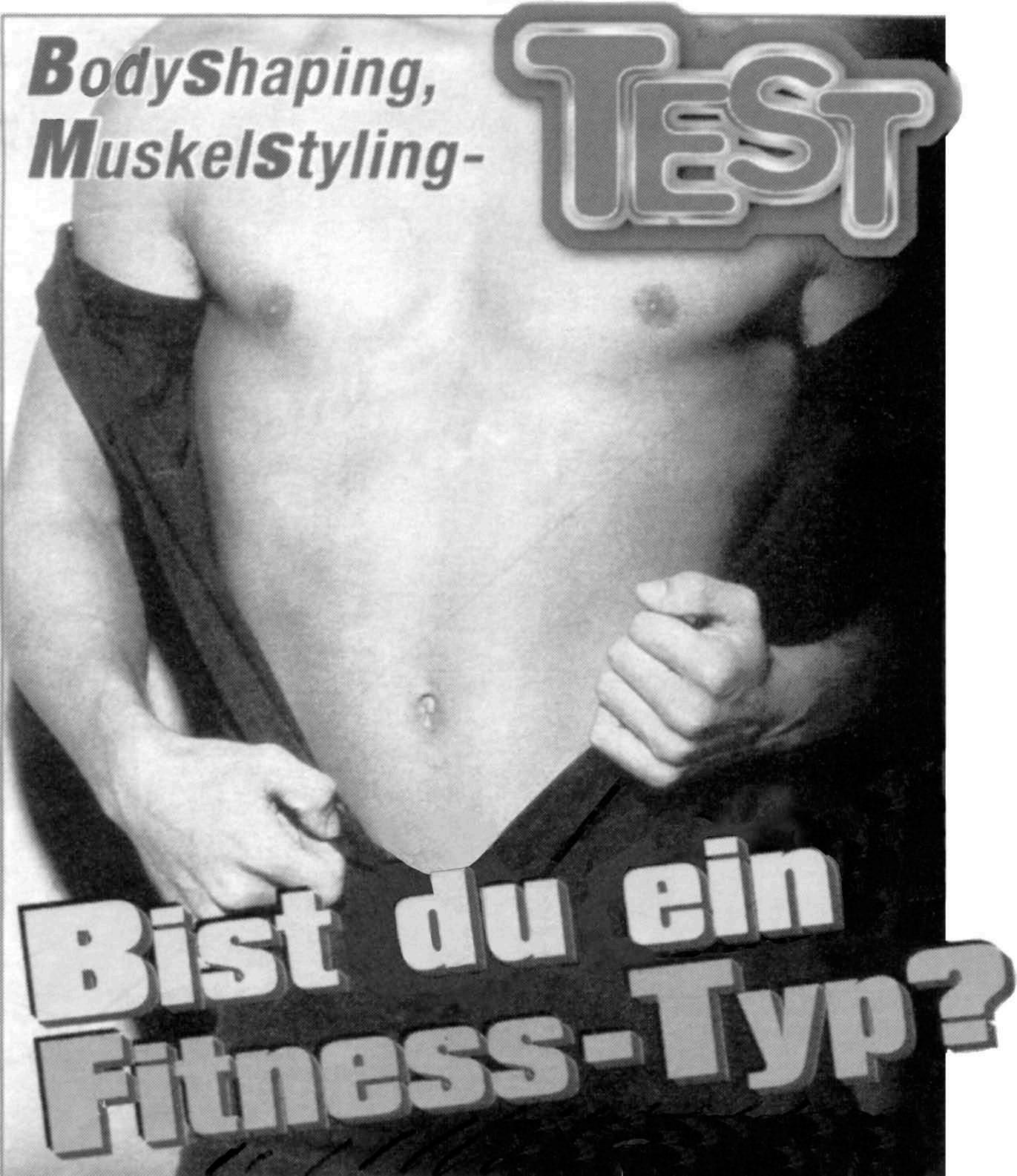7.13 The modal auxiliary verbs
111
The use of subjunctive I to indicate reported speech is limited to the formal written language, where it is frequent especially in newspaper reports. In other registers, and particularly in everyday speech, the indicative or subjunctive II is used:
formal writing
everyday speech
Er sagte, sie wisse es.
Er hat gesagt, sie weiß es. Er hat gesagt, sie wüsste es.
Er sagte, sie habe es gewusst.
Er hat gesagt, sie hat es gewusst. Er hat gesagt, sie hätte es gewusst.
7.13 The modal auxiliary verbs The six modal auxiliary verbs dürfen, können, mögen, müssen, sollen and wollen indicate the attitude of the speaker to what is being said. They are used with other verbs to express ideas like ability, permission, necessity, obligation and volition, but in practice each has a wide range of meaning which is often idiomatic. They have a number of special features which distinguish them from other verbs, or from their English equivalents:
Their forms are quite irregular (see section 6.5). They are used with a following INFINITIVE without zu (like some of the equivalent English verbs): I could not do it. You should not annoy him/You ought not to annoy him.
Ich konnte es nicht tun. Du solltest ihn nicht ärgern. Compare (infinitive clause): Ich versuchte, es nicht zu tun.
I tried not to do it.
Their PERFECT tenses are formed with the INFINITIVE, not with the past participle: Sie hat es schon immer machen wollen.
In
SUBORDINATE CLAUSES,
She has always wanted to do it.
the modal auxiliary follows the infinitive of the main
verb: Wenn Sie diesen Ring kaufen wollen, …
In
SUBORDINATE CLAUSES
If you want to buy this ring …
with a PERFECT TENSE of the modal, the auxiliary haben precedes
both infinitives: Wenn sie es hätte kaufen wollen, …
If she had wanted to buy it …










